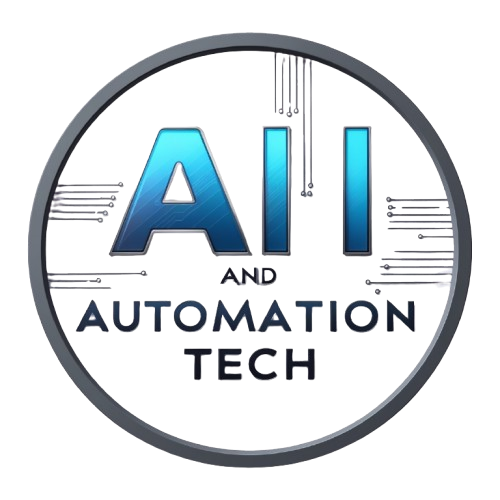In today’s fast-paced digital landscape, businesses are constantly seeking ways to streamline operations and increase productivity.
The relationship between AI, automation, and business productivity is a crucial one, as it has the potential to revolutionize the way we work.
By leveraging the power of artificial intelligence and automation, organizations can gain a competitive edge and drive success.
In this post, we’ll explore the impact of AI and automation on business productivity and discuss the key benefits and challenges of implementing these technologies.
Introduction to AI and Automation
The relationship between AI, automation, and business productivity is becoming increasingly important for companies of all sizes. AI can help automate repetitive tasks, freeing up employees to focus on more strategic and creative activities.
Automation, on the other hand, can take over manual and time-consuming tasks, reducing the risk of human error and increasing efficiency. By combining AI and automation, businesses can experience significant productivity gains, improved customer satisfaction, and enhanced competitiveness.
In this article, we will explore the impact of AI and automation on business productivity and discuss the key benefits and challenges of implementing these technologies.
The Impact of AI on Business Productivity

AI has revolutionized the way businesses operate, and its impact on productivity is no exception. By automating routine tasks, AI can help reduce the workload of employees, freeing them up to focus on more strategic and creative tasks.
Additionally, AI-powered tools can help analyze large datasets, provide insights, and make predictions, enabling businesses to make informed decisions. For instance, AI-powered chatbots can help provide 24/7 customer support, while AI-powered forecasting tools can help predict sales and inventory needs.
Benefits of AI in Business
By leveraging the power of AI, businesses can streamline their operations, increase efficiency, and ultimately improve productivity.
The Role of Automation in Boosting Productivity
Automation plays a crucial role in boosting productivity by taking over manual and time-consuming tasks.
By automating these tasks, businesses can significantly reduce the risk of human error, increase efficiency, and free up employees to focus on more strategic and creative activities.
For instance, automating data entry, bookkeeping, and other administrative tasks can help reduce the workload of employees, allowing them to focus on higher-value tasks that drive business growth.
Benefits of Automation
Additionally, automation can help streamline processes, reduce costs, and improve customer satisfaction.
With the right automation strategy, businesses can achieve significant productivity gains and stay ahead of the competition.
Challenges and Limitations of AI and Automation

While AI and automation offer numerous benefits, they also present several challenges and limitations. One of the main concerns is the potential job displacement, as automation replaces human workers.
Additionally, the high cost of implementing AI and automation solutions can be a significant barrier for small businesses.
Furthermore, the lack of skilled workers to manage and maintain these systems can create a challenge.
Integration Challenges
Moreover, the complexity of integrating AI and automation with existing systems can be a significant hurdle.
To overcome these challenges, businesses must carefully evaluate the potential benefits and risks and develop a comprehensive strategy for implementing AI and automation.
Conclusion: The Future of AI, Automation, and Business Productivity
The future of AI, automation, and business productivity is exciting and full of possibilities. As AI continues to evolve, we can expect to see even more innovative applications that benefit businesses of all sizes.
With the right implementation strategy, AI and automation can help businesses stay ahead of the competition, improve operational efficiency, and drive growth.
Embracing Change
As AI becomes increasingly integrated into our daily lives, it’s essential for businesses to stay ahead of the curve and adapt to this changing landscape.
By embracing AI and automation, businesses can unlock new opportunities, improve customer experiences, and drive long-term success.
FAQ – Frequently Asked Questions about Artificial Intelligence in Small Business
How can task automation benefit my small business?
Task automation frees up your team from repetitive tasks, increasing productivity and allowing them to focus on more strategic activities.
What tools can I use for data analysis?
There are several tools available, such as Google Analytics, Tableau, and Microsoft Power BI, that help collect and interpret valuable data.
What are chatbots and how do they improve customer service?
Chatbots are virtual assistants that can answer questions and resolve problems at any time, improving the customer experience and freeing up your team.
How can I personalize the customer experience?
Through data analysis, you can understand better the customer’s preferences and offer personalized recommendations and promotions.
What is the importance of customer feedback?
Feedback is essential to identify areas that need improvement and adjust your service strategy, ensuring customer satisfaction.
Is artificial intelligence accessible to small businesses?
Yes, there are various AI solutions that are accessible and scalable for small businesses to improve efficiency and service.




